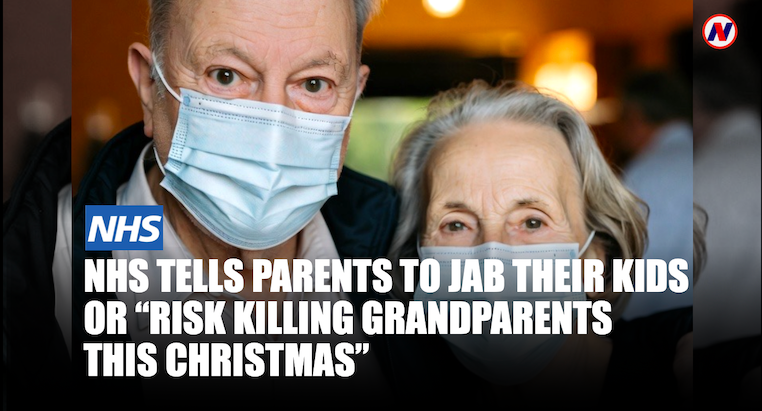OPEC will CUT OIL PRODUCTION to STARVE the WEST into SUBMISSION this WINTER
- Philip James

- Oct 10, 2022
- 3 min read

OPEC met on Friday and decided to cut its oil production in direct defiance of Joe Biden's demands. The decision tightens the stranglehold Russia already has on the West as Putin has already turned the taps off Gas and Oil going to Europe.
The Biden administration has been loudly critical of the decision by the oil cartel backed by Saudi Arabia and Russia this week, which took the step in defiance of US pressure to keep global oil prices down.
In a phone interview with the Financial Times, US Treasury secretary Janet Yellen said “I think Opec’s decision is unhelpful and unwise — it’s uncertain what impact it will end up having, but certainly, it’s something that, to me, did not seem appropriate, under the circumstances we face,” “We’re very worried about developing countries and the problems they face.”
Biden had called on OPEC nations to increase oil production to counter Russia's move to withhold its supply to the West. However, Russia is part of the OPEC group and Putin is said to be in control of it, something that Biden appeared not to be aware of.
The real prospect of power-cuts, shortages and ultimately avoidable deaths takes one step closer with this decision. Despite the claims, Europe's economy, if not their very survival, is entirely dependent on fossil fuels. Renewables only account for 1.6% of total power usage. If you removed ALL renewables the continent wouldn't notice they'd gone, in contrast, just lowering oil and gas production by five percent would have a devastating effect on the economy.
Amidst all of this the IMF and World Bank are meeting next week where the US and EU will put further pressure on smaller countries to up their support for Ukraine. The US is hoping to use the meetings to push European countries to deliver economic aid to Ukraine much more rapidly, amid growing frustration in Washington that some of its allies are behind in terms of fulfilling their vows to help Kyiv financially.
“A number of countries have pledged significant economic assistance, but simply haven’t quite gotten around to dispersing it. The pace of transferring money to Ukraine is far too slow. There are commitments but the money needs to be deployed,” The US secretary Janet Yellen said, noting that the US had delivered $8.5bn in grants for Ukraine and another $4.5bn were just approved by Congress, adding:“We need to see other countries meet the pledges that they’ve made. And it’s critical to get this funding to Ukraine as rapidly as possible”
Speaking on Tuesday, Valdis Dombrovskis, European Commission executive vice-president, said the EU was seeking to speed up its disbursements of funding to Ukraine and would “work intensively” with member states to unlock the final €3bn of a €9bn package that leaders committed to earlier this year.
However, he said it was also important to have a “more structured and predictable financing flow” for Ukraine next year and that the EU would integrate this into its work on preparing its 2023 budget.
The US and G7 allies are entering the final stretch of talks to set a price cap on Russian oil exports, in order to deprive Moscow of vital energy revenues to finance the war, but also keep some oil flowing from the country in a way that does not lead to a jump in prices around the world. “Holding down prices is something that’s particularly helpful to developing countries that are suffering from high energy prices,” Yellen said.




Comments